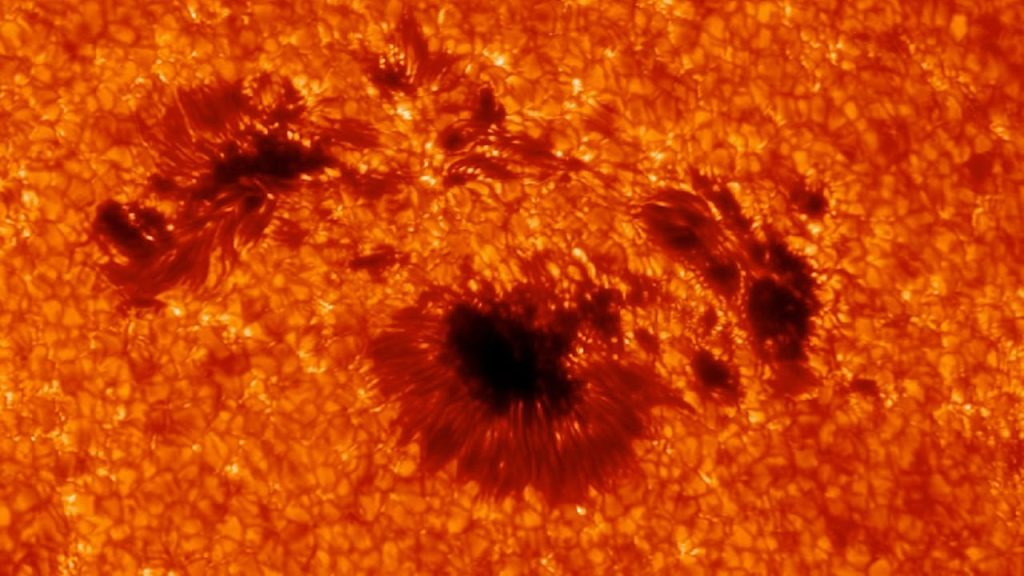Now Reading: Trump’s EPA Moves to Restrict Research Impacting Clean Air and Water Policies
-
01
Trump’s EPA Moves to Restrict Research Impacting Clean Air and Water Policies
Trump’s EPA Moves to Restrict Research Impacting Clean Air and Water Policies

Swift Summary
- EPA Administrator Lee Zeldin has proposed eliminating the Office of Research and Progress (ORD) and laying off 1,540 scientists, as part of a broader plan too cut 65% of the agency’s budget.
- The ORD conducts essential research for environmental regulations under laws such as the Clean Air Act and Clean Water Act to ensure pollution-related limits are set based on unbiased scientific data.
- Experts warn this coudl lead to reliance on outside researchers, potentially introducing bias or weakening EPA’s regulatory oversight.
- Without internal research capabilities, EPA risks using obsolete tools and losing generational scientific expertise necessary for addressing future public health hazards.
- Impacted offices include laboratories in North Carolina and other locations where critical air quality monitoring occurs.
- Outsourcing science may raise questions about clarity, independence, funding sources, and adherence to regulatory requirements.
- Critics argue this move could hinder effective public health protections while being perceived as an attempt to halt meaningful regulatory oversight.
Indian Opinion Analysis
The proposed elimination of EPA’s scientific division raises critical concerns about how environmental regulation decisions will be informed in the future. Access to unbiased scientific data is vital for any nation tackling pollution-related challenges under global agreements or frameworks similar to India’s commitments like COP26 goals or Nationally Resolute Contributions (NDCs).
For India-a country grappling with severe air quality issues-it underscores how institutional frameworks should prioritize safeguarding in-house capacities for conducting objective research tied directly to policy decisions. Reliance on external science can risk dilution due to vested interests or inadequate scope adaptation for unique regional challenges like monsoon-driven water system dependency.
This development highlights broader implications regarding governance: robust environmental agencies must remain independent from political interference while fostering obvious mechanisms that ensure accountability alongside actionable insights grounded in cutting-edge research.

























